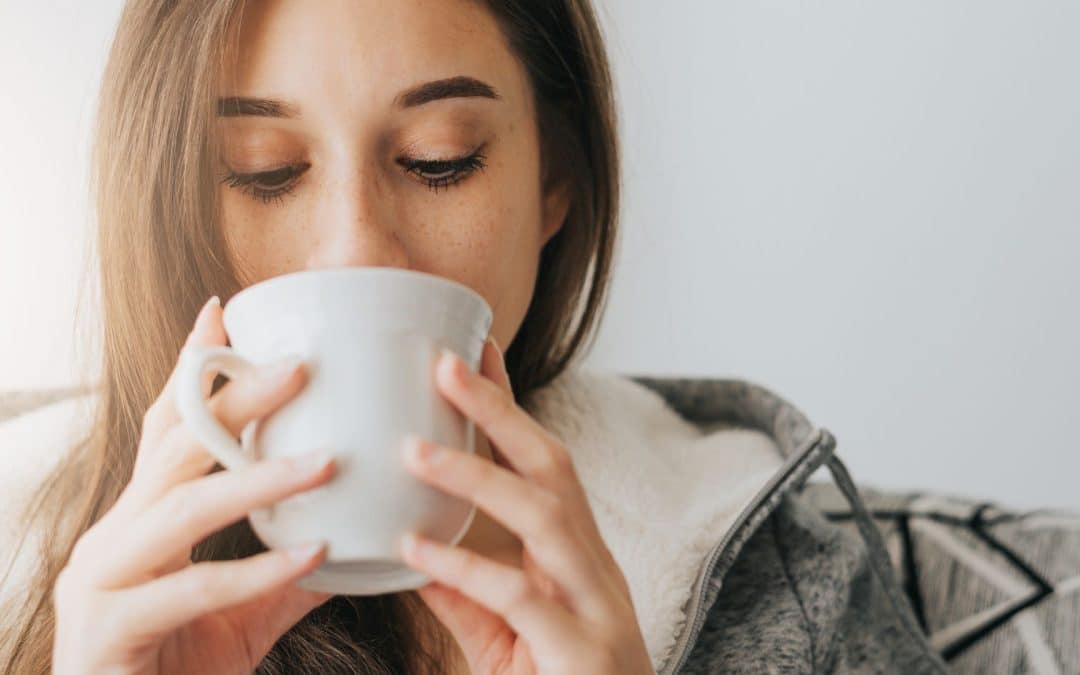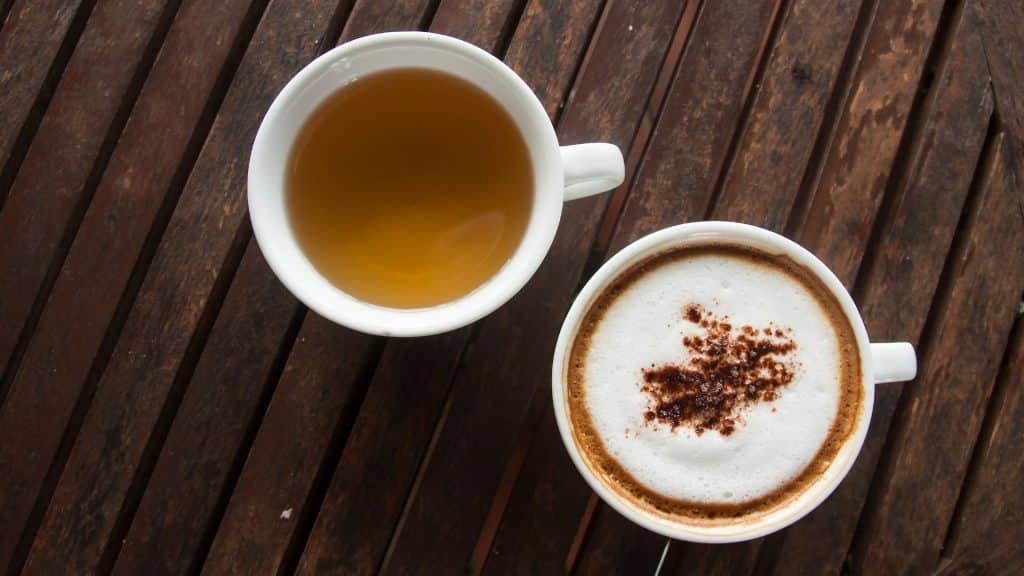If you have ever started your day with a coffee or tea and felt a sudden boost in your mood, you know first-hand the powerful impact of coffee and tea on mental health. There’s a strong connection between these everyday beverages and our overall daily outlook. As experts in breakroom supplies and office coffee services at Colorado Pure, we’re here to help you understand the science behind this phenomenon.
Understanding the Role of Caffeine
Caffeine is a chemical stimulant found naturally in coffee beans and tea leaves. A cup of coffee boasts about 95 milligrams of caffeine, which helps boost alertness and energy levels. Likewise, the average cup of black tea boasts 47 milligrams of caffeine.
But it’s not just about keeping us awake. Research suggests a strong link between the caffeine in coffee and tea on mental health – affecting our current mood and emotions, ability to focus at work, and even combating long-term conditions like depression and anxiety.
Caffeine and Mood Enhancement
Studies indicate that moderate caffeine intake can improve mood throughout the day.
The positive effects of coffee and tea on mental health may not be as noticeable for younger people. Still, habitual caffeine consumers and older adults often swear by their morning cups. In fact, that is one of the many reasons why employees love drinking coffee at work. Not only is coffee and tea a part of their morning routine, but drinking a cup at the beginning of the day increases focus and decreases stress.
Caffeine: An Ally Against Depression?
Research suggests that caffeine may have protective effects against depression. A study involving over 340,000 individuals suggests that caffeine consumption may reduce the risk of depression.
People consuming caffeinated coffee per day were 20% less likely to develop depression compared to those who drank less than one cup per week.
Of course, the ideal amount of caffeine for you depends on many factors (see below). But if you suffer from depression and are having a particularly down day, drinking an extra cup of coffee or tea might help to lift your mood.
The impact of coffee and tea on mental health goes beyond our overall mood and can also affect our emotional responses to adverse situations. Additionally, recent research suggests that caffeine consumption can reduce your risk of Alzheimer’s Disease and dementia. These are potent reasons indeed to drink coffee and tea regularly.
Beyond Caffeine – Impact of Coffee and Tea on Mental Health
While caffeine plays a critical role, other substances in coffee and tea also impact the effectiveness of these beverages on mental and physical health.
Coffee has long been touted as a solution for various health issues. Drinking coffee can lower the risk of cardiovascular disease and type 2 diabetes, and improve overall longevity for regular consumers.
The next time you are feeling the aches and pains of carpal tunnel or a headache from staring at your computer too long, try drinking a cup of coffee or tea. These beverages are rich in biologically active polyphenols that have antioxidant and anti-inflammatory properties.
Like coffee, tea is also associated with various health benefits, including supporting heart, bone, and digestive health and strengthening your immune system. This is in addition to the increases in brain function that come with drinking tea regularly.
For more information, please read our blog article: The Health Benefits of Drinking Tea at Work.
Love Coffee or Tea But Are Caffeine Sensitive?
That said, however, when considering the role of coffee and tea on mental health, we would be remiss if we did not mention that consuming especially high doses of caffeine may lead to anxiety, nervousness, and jitteriness, all of which can quickly negate the positive effects for some individuals.
The influence of caffeine on mood and mental well-being isn’t the same for everyone. Individual differences in genetic makeup, medications, whether or not you are a smoker, or even having attention-deficit / hyperactivity disorder can all significantly affect how people react to caffeine.
If you find drinking caffeinated beverages counterintuitive, try switching to decaf coffee (which still contains trace amounts of caffeine) or herbal teas. With the wide range of options available, you are guaranteed to find an option that appeals to your taste buds and elevates your mood.
Balancing Caffeine Intake: A Key to Mental Health
While the positive impact of coffee and tea on mental health is widely recognized, moderation and balance are crucial to success.
Experts agree that limiting coffee and tea to four cups or less a day is generally considered safe and healthy.
Conclusion
Yes, drinking coffee and tea in moderation can have a positive effect on your physical and mental well-being.
As providers of office coffee and tea delivery at Colorado Pure, we know from experience how important these beverages are to Southern Colorado businesses. Our office coffee delivery service has caffeinated and decaffeinated beverage options and other essential break room solutions that will boost productivity, increase employee focus, and prompt your workers to return to the office.
For a free breakroom consultation, don’t hesitate to contact us. Let Colorado Pure help you create the perfect breakroom in your office.







